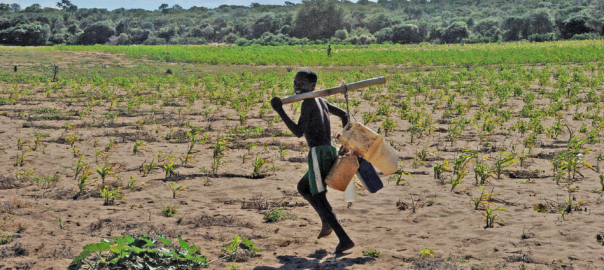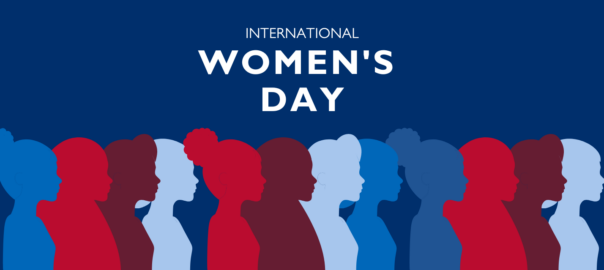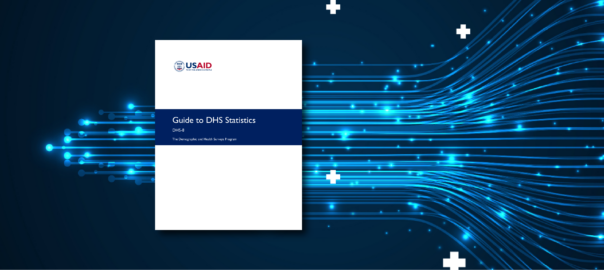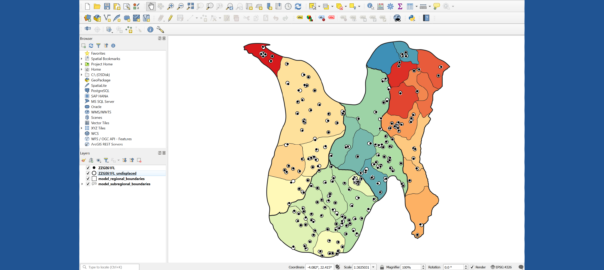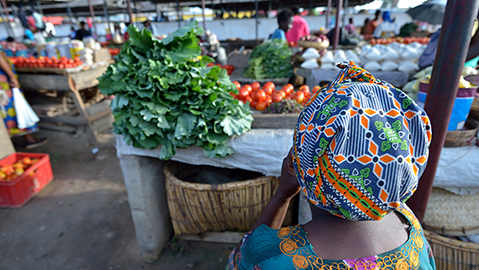New in DHS-8: Updates to Immunization Indicators
In 2019, The DHS Program released updated questionnaires for the eighth phase of The DHS Program (DHS-8) to better meet existing and emerging data needs in global health. This “New in DHS-8” series draws attention to new indicators, changes made to existing indicators, and other things DHS Program data users should be aware of when […]


